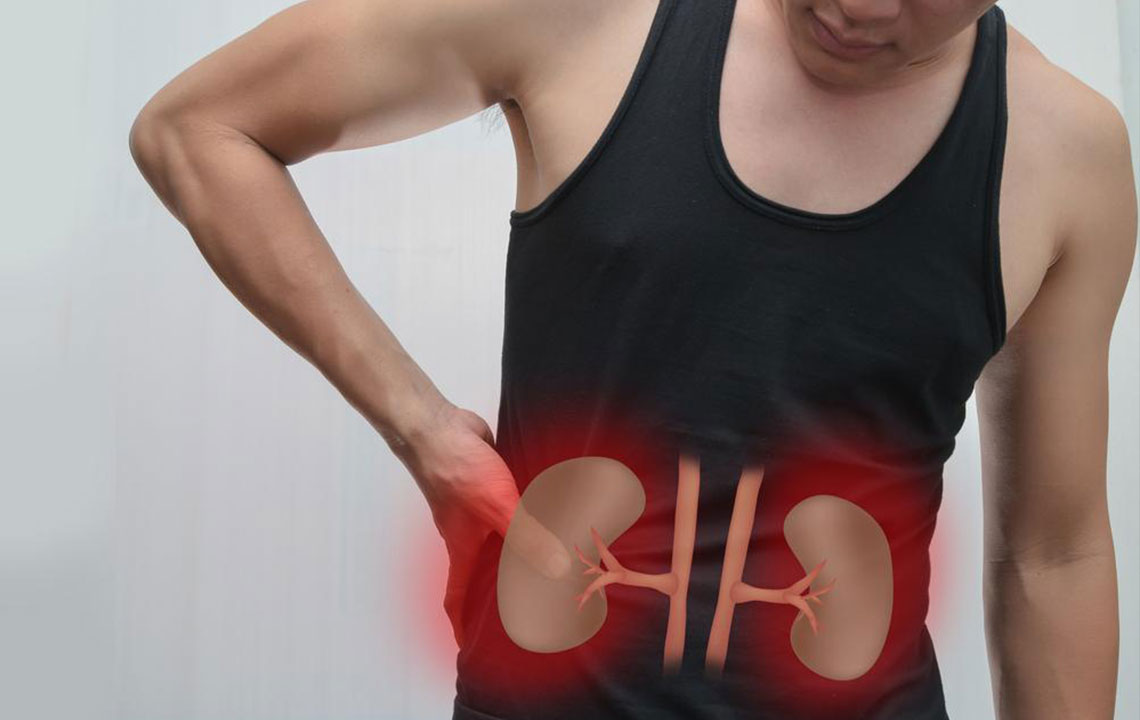Understanding Stage 3 Kidney Disease: Causes and Key Symptoms
Stage 3 kidney disease may present symptoms like swelling, fatigue, and shortness of breath, often going unnoticed until advanced. Recognizing early signs is vital for timely treatment to prevent further damage. Symptoms include nausea, foamy urine, and fluid retention, with causes such as anemia and waste buildup. Consulting healthcare professionals early can help manage the condition effectively, improving quality of life and preventing severe complications.

Kidney disease in its early phases may go unnoticed due to minimal symptoms. However, once it advances to stage 3, individuals often begin to experience noticeable signs. Surprisingly, some people may remain asymptomatic even at this stage, which poses significant risks as kidney damage can progress undetected.
Important symptoms to watch for: During stage 3, symptoms such as nausea, vomiting, increased urinary frequency, and foamy urine may appear. Swelling around the ankles and puffiness near the eyes are common due to fluid buildup.
Many affected individuals report persistent fatigue, shortness of breath, loss of appetite, dry and itchy skin, muscle cramps (especially in legs), poor sleep, and unexplained weight loss. In children, growth retardation is also observed.
Causes behind these symptoms include:
Feeling unusually cold despite warm surroundings: often linked to anemia caused by kidney issues.
Shortness of breath with minimal activity: stemming from fluid accumulation in lungs or anemia limiting oxygen supply.
Dizziness and weakness: due to oxygen deprivation in the brain from anemia.
Itching: caused by waste retention as kidneys lose their filtering ability.
Swelling in limbs and face: resulting from fluid retention when kidneys can't eliminate excess fluids effectively.
If waste buildup worsens, it can lead to uremia, affecting appetite and causing stomach upset. Early consultation with healthcare providers is crucial for proper management.









